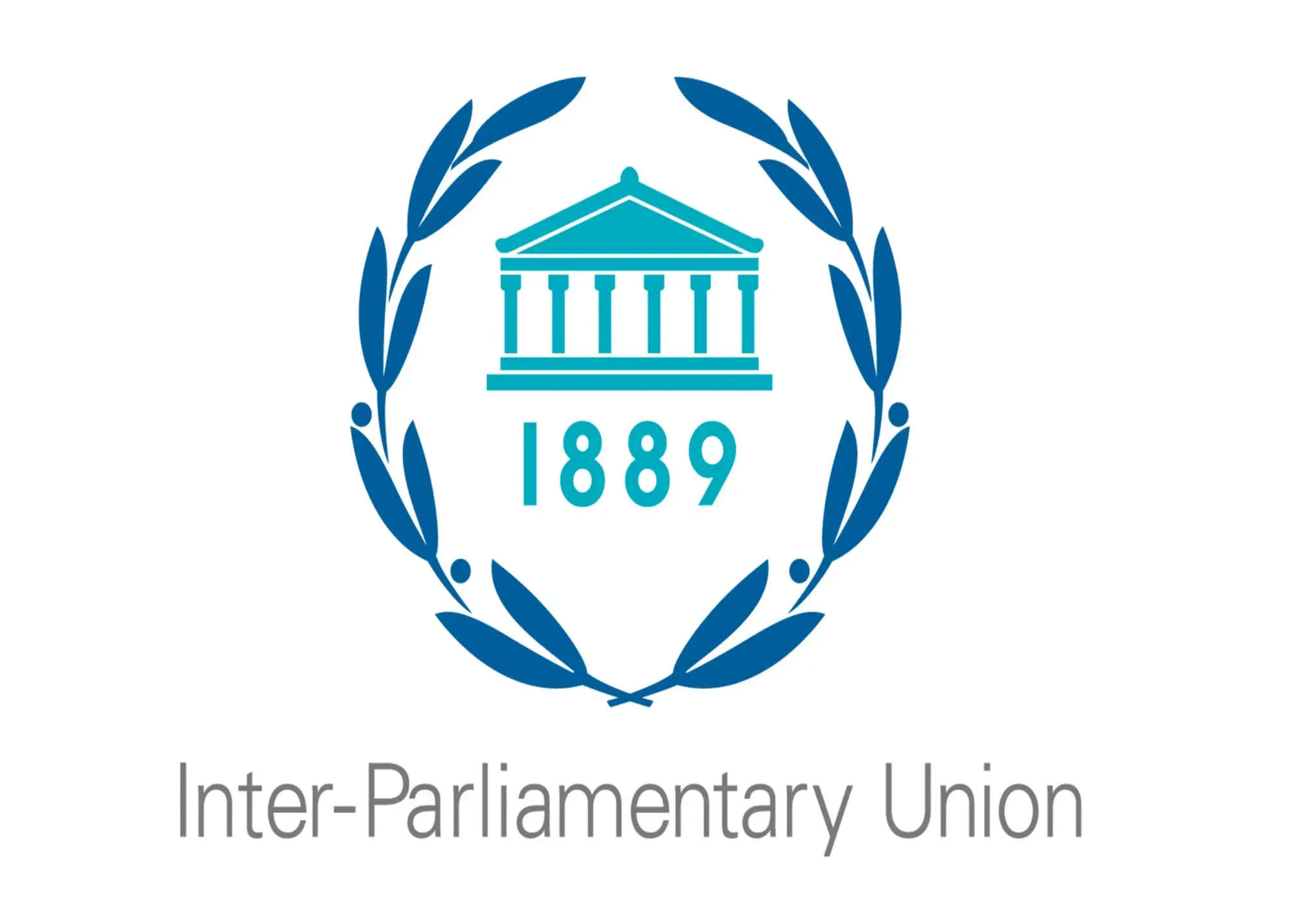About Inter-Parliamentary Union:
- It is the international organization of Parliaments which was established in 1889 in Paris to promote representative democracy and world peace.
- It facilitates parliamentary diplomacy and empowers parliaments and parliamentarians to promote peace, democracy, and sustainable development around the world.
- It was the first multilateral political organization in the world, encouraging cooperation and dialogue between all nations.
- Members: It comprises 180 member parliaments and 15 associate members.
- It promotes democracy and helps parliaments become stronger, younger, gender-balanced, and more diverse.
- It also defends the human rights of parliamentarians through a dedicated committee made up of MPs from around the world.
- The IPU moved its headquarters to Geneva in 1921.
- Funding: It is financed primarily by its members out of public funds.
- Structure
- IPU Assembly: It is the principal statutory body that expresses the views of the IPU on political issues. It brings together parliamentarians to study international problems and make recommendations for action.
- Governing Council: It is the plenary policymaking body of the IPU. It is composed of three representatives from each member parliament. The President of the IPU is ex-officio President of the Governing Council.
- The Council establishes the annual programme and budget of the IPU.
- Executive Committees: In accordance with the IPU statutes, this 17-member body oversees the administration of the IPU and provides advice to the Governing Council. The 15 members of the Executive Committee are elected by the Council for a four-year term.
- The President of the IPU is an ex officio member and President of the Committee.
- Standing Committees: There are three Standing Committees set up by the IPU Governing Council to assist the Assembly in its work.
Q1: What is Multilateralism?
Multilateralism is usually defined as collaboration between several countries in pursuit of a common goal, where other parties such as civil society or the private sector may also be involved.
Source: Om Birla highlights India’s push for multilateralism, innovation at IPU Assembly in Geneva
Last updated on February, 2026
→ UPSC Notification 2026 is now out on the official website at upsconline.nic.in.
→ UPSC IFoS Notification 2026 is now out on the official website at upsconline.nic.in.
→ UPSC Calendar 2026 has been released.
→ UPSC Final Result 2025 is expected to be released in the second week of April 2026.
→ Check out the latest UPSC Syllabus 2026 here.
→ Join Vajiram & Ravi’s Interview Guidance Programme for expert help to crack your final UPSC stage.
→ UPSC Mains Result 2025 is now out.
→ UPSC Prelims 2026 will be conducted on 24th May, 2026 & UPSC Mains 2026 will be conducted on 21st August 2026.
→ The UPSC Selection Process is of 3 stages-Prelims, Mains and Interview.
→ Prepare effectively with Vajiram & Ravi’s UPSC Prelims Test Series 2026 featuring full-length mock tests, detailed solutions, and performance analysis.
→ Enroll in Vajiram & Ravi’s UPSC Mains Test Series 2026 for structured answer writing practice, expert evaluation, and exam-oriented feedback.
→ Join Vajiram & Ravi’s Best UPSC Mentorship Program for personalized guidance, strategy planning, and one-to-one support from experienced mentors.
→ Check UPSC Marksheet 2024 Here.
→ UPSC Toppers List 2024 is released now. Shakti Dubey is UPSC AIR 1 2024 Topper.
→ Also check Best UPSC Coaching in India




















